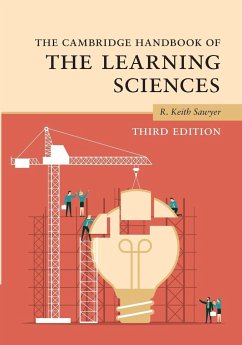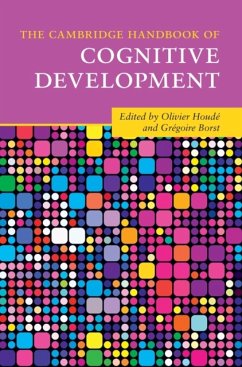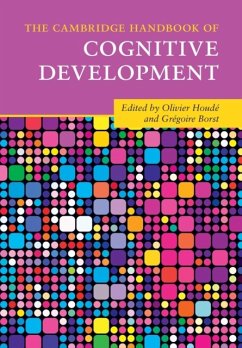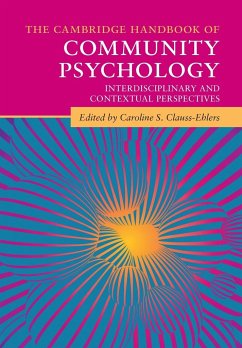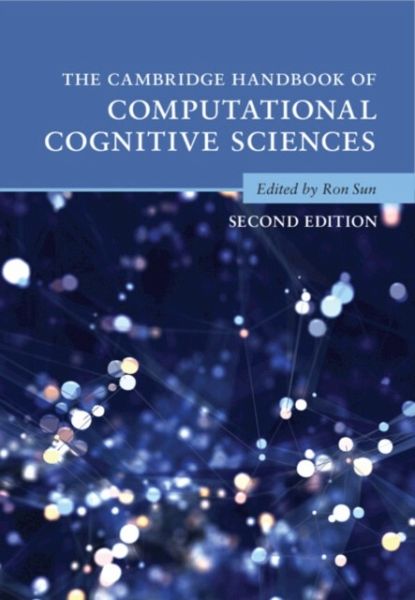
The Cambridge Handbook of Computational Cognitive Sciences
Versandkostenfrei!
Versandfertig in über 4 Wochen
352,99 €
inkl. MwSt.

PAYBACK Punkte
176 °P sammeln!
This handbook represents a comprehensive overview of computational cognitive sciences. Written for students and researchers of the field, as well as those working in adjacent fields, it provides a broad and cutting-edge summary of the field.




